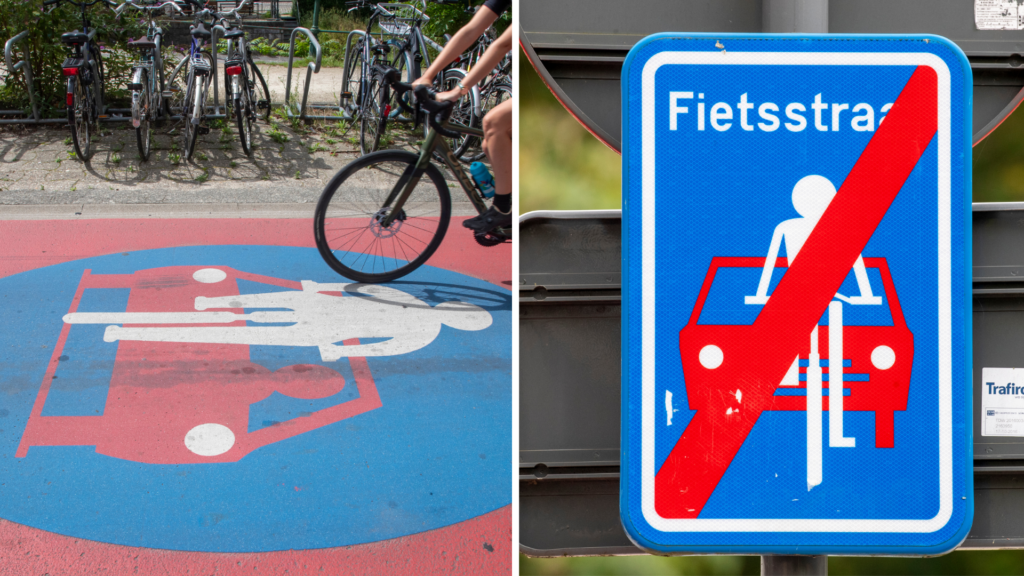A new mobility survey has revealed that 68% consider the transition to soft mobility, such as walking or cycling, a challenge for their daily commute.
Half of the 1,025 Belgians surveyed for this study believe this transition is, or will be, difficult for them, according to a survey published on Wednesday by Europ Assistance.
Younger people increasingly perceive this change as "complex." While city dwellers are more sensitive to sustainable mobility principles, only 29% of respondents believe their behaviours are "truly" good for the planet.
Two-thirds of Belgians say they care about ecology and sustainability in their mobility habits. This figure has dropped by 5 percentage points.
A majority (58%) view their habits as sometimes ecological but think they could improve.
In practice, efforts remain limited: 34% of respondents report reducing their thermal vehicle journeys, 15% favour soft mobility, and 9% say they travel less.
Recent political measures in mobility, such as the gradual phase-out of diesel or the development of cycle paths, elicit mixed reactions.
Only a third of Belgians express enthusiasm for these decisions. Meanwhile, 44% oppose new mobility regulations, especially among the 35-54 age group. However, the opinion that politicians impose too many constraints is losing ground, with only 20% of respondents sharing this view.
Europ Assistance observes that while ecological awareness is established among Belgians, fewer are actively participating in the transition to more sustainable mobility.
The most used means of transport by Belgians are cars (78%) followed by bicycles (42%) and public transport (33%).
38% want electric cars
The adoption of electric cars is increasing, but several obstacles hinder its progress, according to the survey. Only 38% of Belgians state that their next vehicle will be electric, a 10% decrease from the previous survey.
The survey, conducted with a representative sample of 1,025 people, reveals that six in ten Belgians continue to prefer combustion engines.
About 20% of respondents believe that the transition to electric vehicles will not occur before 2035, while another fifth say they will never consider this option.
The barometer also highlights a generational gap: younger people are more optimistic about this transition compared to those over 55.
According to Europ Assistance, the main barrier to purchasing an electric vehicle is still its price (71%), followed by the energy crisis, the lack of charging stations, and vehicle safety, especially the batteries.
The purchase price remains a key factor for encouraging Belgians to switch to electric vehicles, but its significance is decreasing (-13%), as is the impact of public incentives and improved road infrastructure.
Despite the increase in public charging stations, a majority of Belgians still find them insufficient, particularly in Wallonia.
In Flanders, the removal of purchase incentives has deterred nearly half of the residents from acquiring an electric car. Additionally, 71% of Belgians do not wish to buy a second-hand electric vehicle, primarily due to concerns about battery condition.
The survey concludes that while the purchase price remains an important factor, new aspects such as battery safety, range, the number of charging points, and the quality of second-hand vehicles are crucial for manufacturers and public authorities to accelerate the transition to electric mobility.

